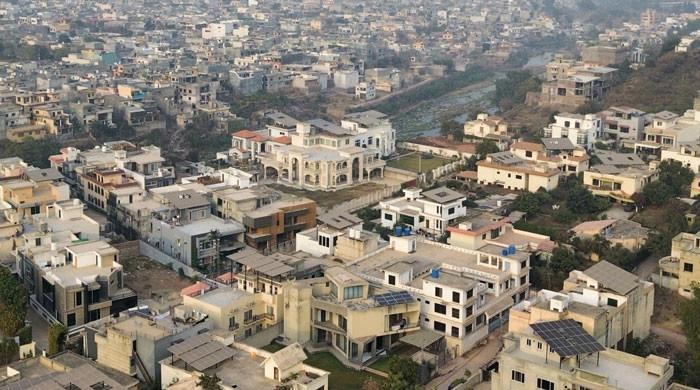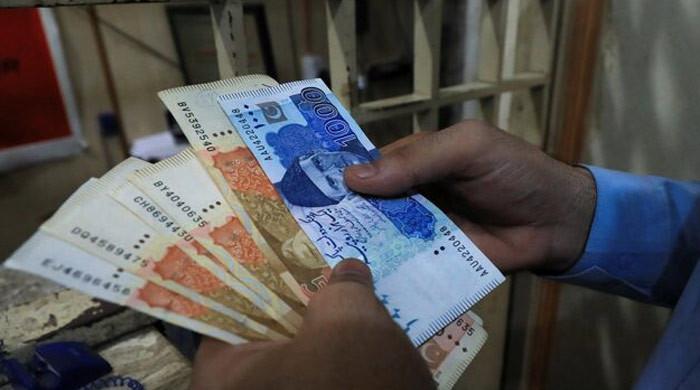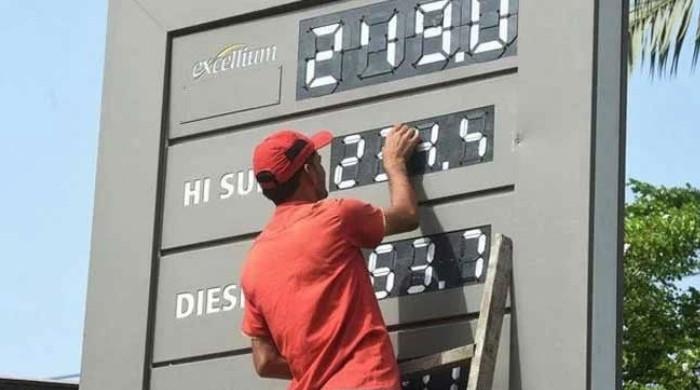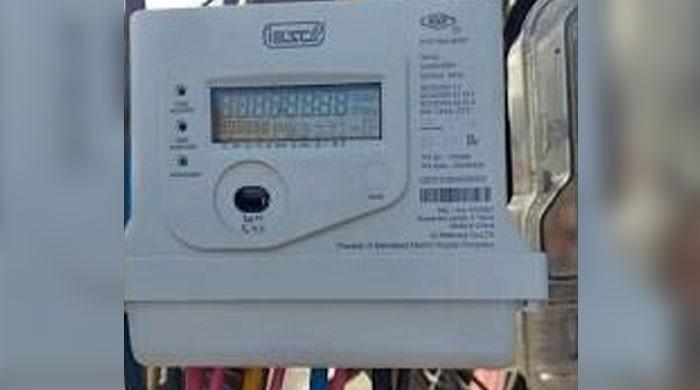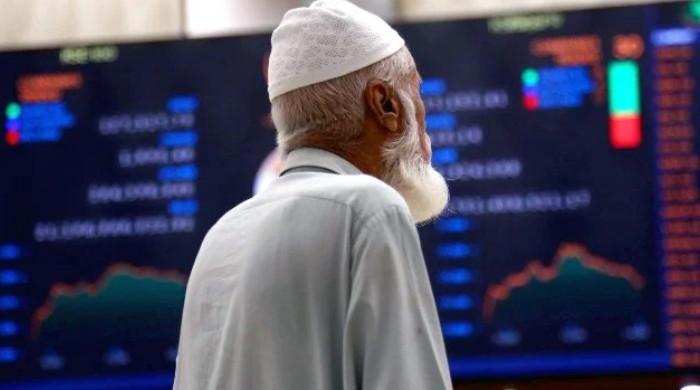Pakistan textile exports up by 4%
Readymade garments, one of the main value-added sector, fetched $1.6 billion in July-January FY2019
February 18, 2020

ISLAMABAD: Textile exports marginally increased around 4% year-on-year to eight billion dollars in the first seven months of the current fiscal year as value-added exports showed sign of improvement during the period, reported The News.
Official data from the Pakistan Bureau of Statistics on Monday showed textile exports amounted to $7.8 billion in the corresponding period a year earlier.
Readymade garments, one of the main value-added sector, fetched $1.6 billion in July-January FY2019 compared with $1.5 billion in the corresponding period a year earlier, showing a 10.8% growth. Bedwear exports rose around 3% to $1.3 billion. Knitwear exports increased by 6.2% to $1.8 billion during the period under review. In January, textile exports increased by 2.3% year-on-year and 4.6% month-on-month.
In the July-January, food exports improved around 6% to $2.6 billion. There was 15.1% growth in rice exports, which stood at $1.2 billion as opposed to $1 billion a year earlier. Basmati exports showed significant growth of 52% to $445 million. Exports of fish and fish preparations also increased by 16.5% to $253 million. Leather exports also increased by 11.1% year-on-year in the first seven months.
Read also: Trade deficit declines by 34 per cent in five months
Overall, exports marginally increased by 2.2% year-on-year in the July-January period. Rupee devaluation is encouraging the export-oriented sector to increase outbound shipments, although outstanding tax refunds are raising concerns for them.
Time and again, textile industrialists have been questioning the effectiveness of the newly-introduced automatic refund payment system in the settlement of refunds. Besides, exports sector still needs to improve its contribution to GDP.
Total imports, during the July-January period, decreased 15.6% to $27.3 billion with all the import groups depicting double-digit decline, except machinery. Machinery group imports remained flat at $5.2 billion in the July-January period.
"While imports contraction is lending support to the government struggling to curtail current account deficit, it reflects a slowdown in industrial activities. Industrial output dropped in the first seven months of the current fiscal year," the report said.
Govt may give tax break to 20 industrial sectors: Razzak Dawood
It further said: "Industrialists are concerned over the constant fall in imports that are needed to run the wheel of industries."
Economic growth decelerated to 3.3% last fiscal year from 5.5% in the fiscal year of 2017/18. The growth is expected to fall further below 2% during the current fiscal year.
Imports of petroleum dropped 17.9% to $7.1 billion during the seven-month period. Imports of agriculture and chemicals fell 15.3% to $4.4 billion. Food imports decreased by 11.8% to $3 billion.
Imports of metal, including gold and iron steel scrap, dropped 19.5% to $2.4 billion in the July-June period. Transport imports slid 44.9% to $953 million.
Originally published in The News




